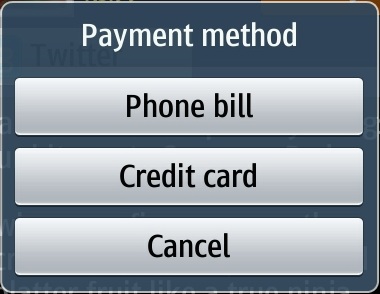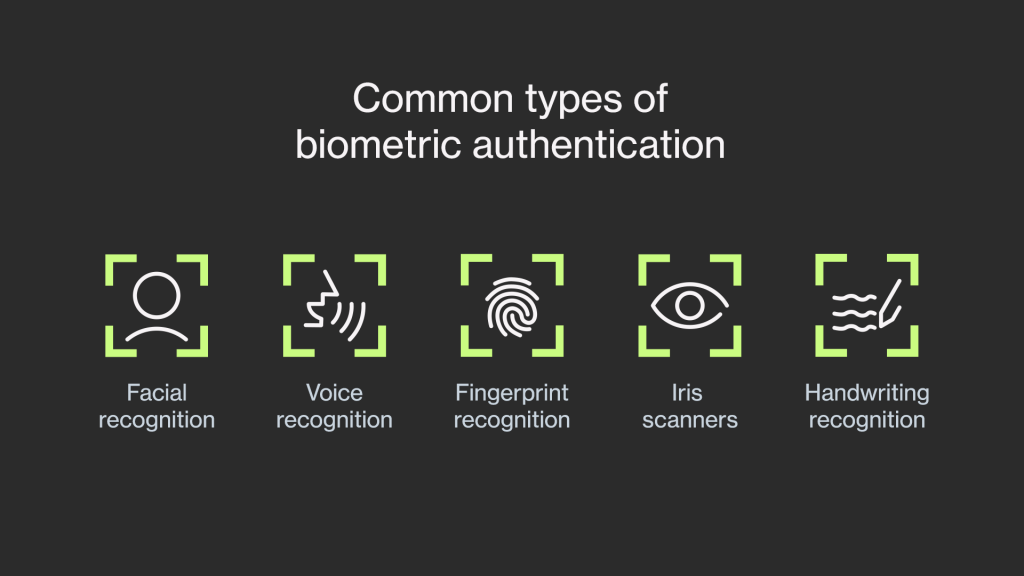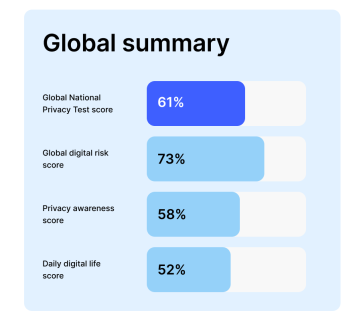A new mobile payments service has been introduced in the country to allow Kenyans on the Safaricom network be able to make online and in-app purchases without having to be asked their credit card details.
Through mobile payment company Fortumo, the new operator billing service for digital content businesses promises to cater for both the banked and un-banked communities across the country by charging purchases made to the user’s mobile phones.
Fortumo is making the third entry into an African country with Kenya’s launch, having established its presence in South Africa and Nigeria where the service is currently operational.
According to a survey released early last year by Safaricom, smartphone penetration into the country stood at about 67%, while another report by Central Bank of Kenya put credit card numbers at just over 200,000 units across the country.
With these numbers, it is clear that the digital content market that require buyers to make purchases to their credit cards is faced with major challenges since only a few have the ability to use the cards, and the operator billing service may be just the solution they need.
“Meanwhile, digital content merchants are struggling to generate revenue from these users due to low credit card penetration. Here Fortumo helps solve the issue for merchants by allowing any person – banked or unbanked – to make payments online through operator billing instead,” said Gerri Kodres, Chief Business Officer of Fortumo.
Fortumo is expecting to receive success from Kenya, as it is a market that has become a great driver for the smartphone growth across the globe with millions of people taking up low-cost smartphones to aid development across the region.
Operator Billing for App developers
Before smartphones came, operator billing was the method through which people paid for their ringtones, wall papers and any other digital content, but then the smartphones age came and the service was thrown under the rails.
Then, the service did not have the advancements necessary to benefit the world now dominated by mobile apps, but in recent times that has changed and updates are being made to the operator billing provision to sustain the ever-growing mobile apps world.
With operator billing, consumers are able to make purchase for digital content be it apps, in-app content or others by having the costs billed the the user’s mobile device directly.
This new service will be good news to app developers and digital content owners as now they will be able to get paid for their content by selling to larger groups of people across the region.
With app developers, some of the major challenges they face is knowing how to provide a mobile app method that is easy enough to be used by consumers and also knowing how to sell their content to app users who do not have access to credit cards.
To become an answer and key solutions to these challenges is the new Operator Billing service that has been optimized for the mobile app age in efforts to become a direct competitor for credit cards.
However, this new development is not without challenges as most developers have been know to shy away from the operator billing service for the fear of the high costs that mobile operators impose on the service users.
It is not clear what charging fees will be involved in the new deal between Safaricom and Fortumo, but it is every hope for app developers and digital content owners that the service charges will be reasonable enough to be taken up for sustainability purposes.
Then maybe, just maybe, the dream that players of the Operator Billing service market have of entering the physical goods and services purchase world can become a reality, one step at a time.
Publishers Note: A few days after this was published, Safaricom denied having any deal with billing company Fortumo and said they had asked the company to pull down their post about the same from their website. Fortumo said they were only testing the service and admitted that there was no deal from Safaricom’s side.





